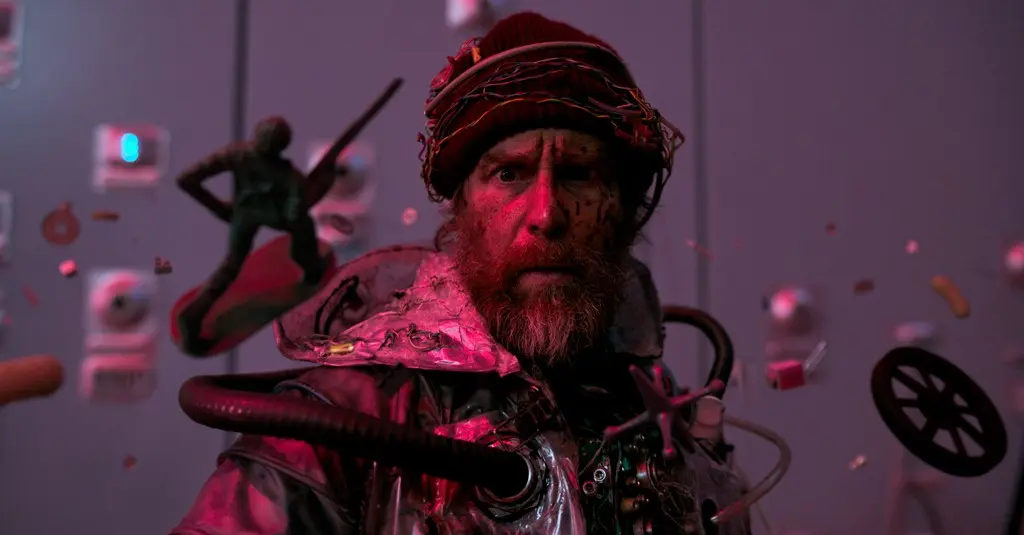NR | 1h 34min | Documentary, Biography, Film | 13 August 2021 (USA)
Have you ever heard of Donald Rugoff? If you haven’t, don’t feel uninformed or out of the loop. Unless you’re in your mid 60s or older and grew up in New York City with a passion for independent film, there’s really no reason you should know his name. Or is there?





